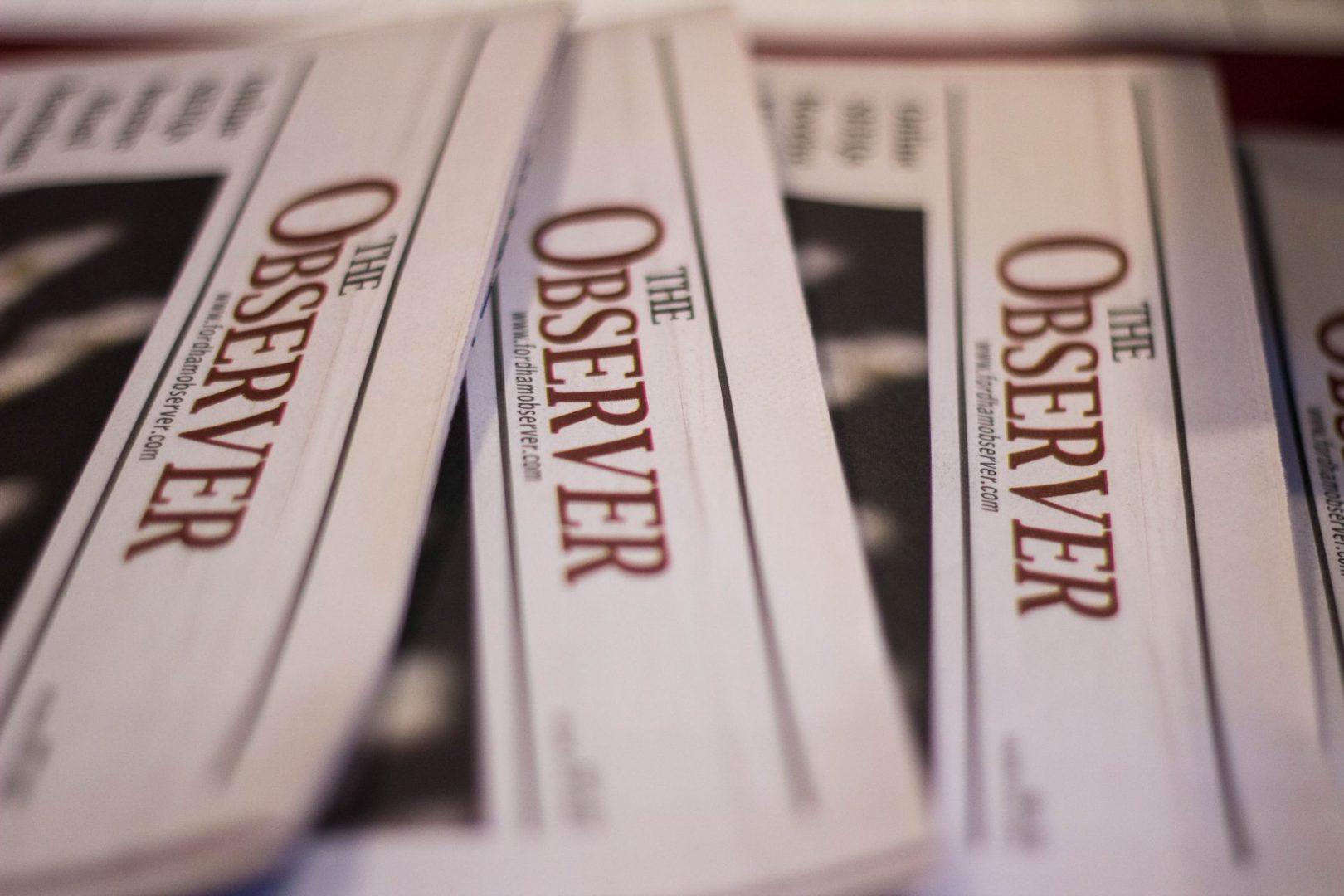Staff Editorial: We Must Create the Fordham We Wish to See
August 25, 2019
As students arrive at Fordham for the new fall semester, they’ll enter a campus on the brink of change in many forms — and they’ll arrive in a position to make it happen.
Recent developments on campus prove that change is possible and should serve as inspiration for the next wave of reform. Fordham is, now more than ever, exactly what its students make of it. We enter Fall 2019 particularly conscious of this responsibility.
This spring, the University accepted the most diverse and high-achieving class in Fordham’s history. It hired Dr. Laura Auricchio, a provost from a socially-conscious and justice-oriented school, as academic dean for Fordham College at Lincoln Center. It implemented a policy allowing students to change their student ID to their preferred name.
Most recently in August, Fordham was forced to allow Students for Justice in Palestine on Fordham Lincoln Center’s campus as an official club, almost 1,000 days after its United Student Government approval was vetoed.
This could become a watershed moment for Fordham; a lawsuit won in support of free speech and student power on campus, a new dean, an outsized and outstanding freshman cohort and more lead us to hope and believe that the future can be bright for everyone involved in our campus community. Student advocates and reform-minded administrators have a chance to use the current momentum to create real, lasting change at the university — if they can work together.
As students, we are obliged to push for the changes we would like to see. Apathy has plagued the student body at times in recent years. Students’ activism elsewhere in the city and the world seems to end at Fordham’s gates.
We must be more attentive to the power of our presence here to positively or negatively impact the campus. It is our greatest strength; its absence is our most concerning weakness.
Issues that have afflicted Fordham for years — such as restrictive approaches to residential guest protocols, discriminatory policies for housing for trans students and punitive limitations on contraceptives on campus — can be addressed fully and with finality, but it will require the dedication and passion of everyone at Fordham Lincoln Center, from the greenest of freshmen to our most experienced faculty.
This power can be wielded in many ways in the name of positive change and justice, from club activity to student government elections. The classic recommendation to new students is to get involved; it is up to us to realize that this participation does not only supplement our college experience, but is essential to it.
As we’ve seen in the past year, change is possible. But that change will only continue to be possible if we encourage each other to enact change on campus. This is the standard to which we are obliged to hold each other throughout our time here, and it is what will characterize us long after we graduate.
It is important that we take these recent changes and highlight their positive momentum, but it is equally pertinent to acknowledge that it is only the beginning.
We have high hopes for the coming academic year, and we depend on each and every member of the Fordham Lincoln Center community to fulfill them.










